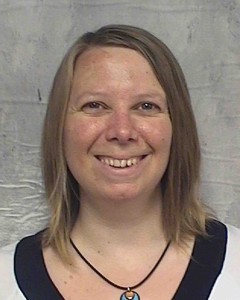From Dead Bones to Life History: Using Histology to Reconstruct the Biology of Modern and Extinct Animals
| Registration |
|---|
You must login or create an account before enrolling in this educational activity. Once you're logged in, click the green "ENTER" button found in the Course Summary box to the right. Your registration will then be confirmed. Once you register for the course, you will have 180 days (approximately 6 months) from the date of enrollment to complete the course. The exact date that your access expires will be indicated within the Course Summary box on this webpage. |

Target Audience
Healthcare providers and researchers.
Objectives
- Contrast the differences between human bone tissue and the bone tissue of other vertebrate animals.
- Describe the relationship between primary bone microstructure, growth rates, and metabolic rates.
- Evaluate the relative rate of growth for an animal given its bone microstructure.
- Describe the evolutionary history of vertebrate bone tissue.
Speaker

Sarah Werning, PhD
Assistant Professor, Des Moines University
Dr. Sarah Werning is an assistant professor in the Anatomy Department at Des Moines University. Her education includes degrees from University of Illinois-Chicago for a Biological Sciences degree, University of Oklahoma for Zoology, and finally University of California, Berkley for her PhD in Integrative Biology in 2013. Dr. Werning has been studying the bone tissue in modern and fossil reptiles, birds and mammals since 2002. Her research focuses on the evolution of bone, growth, and metabolism in vertebrate animals.
Copyright: All rights reserved. By viewing this activity, participants agree to abide by copyright and trademark laws, intellectual property rights, and all other applicable laws of the United States of America. No part of the syllabus may be used or reproduced in any manner whatsoever without written permission, except in the case of brief quotations embodied in articles or reviews.
Internet CME Policy: The Office of Continuing Medical Education (CME) at Des Moines University (DMU) is committed to protecting the privacy of its customers. DMU CME maintains its Internet site as an information resource and service for health professionals. DMU CME will keep your personal and credit information confidential when you participate in an Internet based program. Your information will never be given to anyone outside of the DMU CME program. DMU CME collects only the information necessary to provide you with the services that you request.
Available Credit
- 1.00 CE Contact Hour(s)

 Facebook
Facebook X
X LinkedIn
LinkedIn Forward
Forward